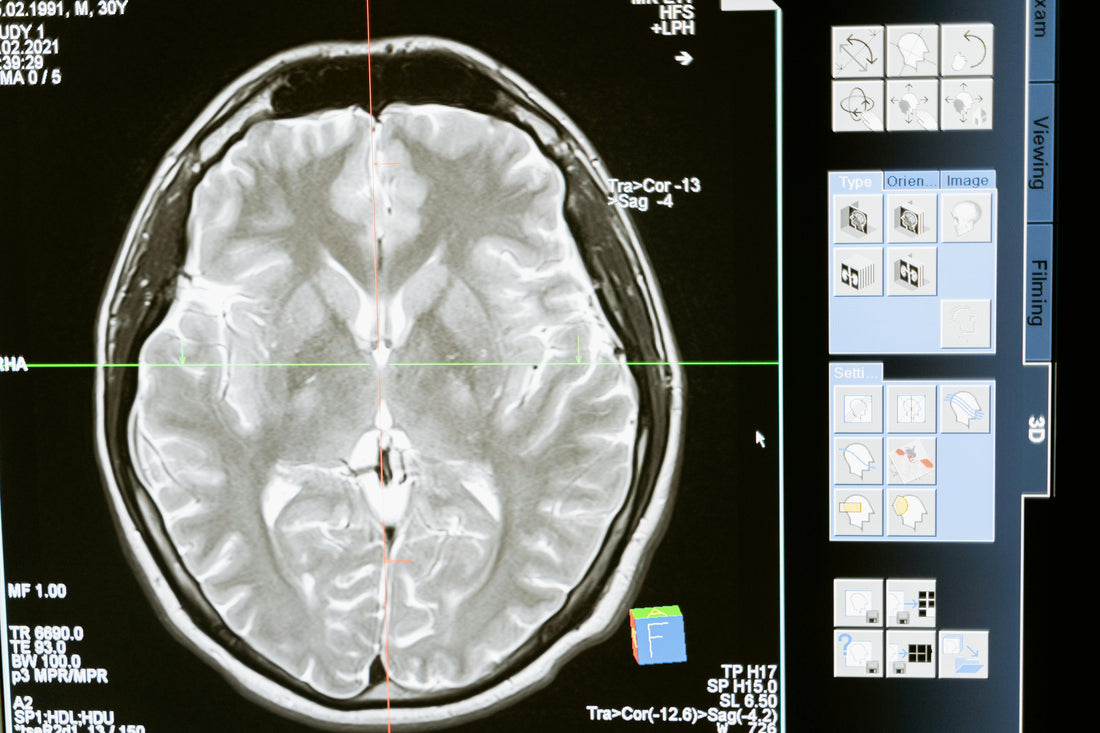
How Stress Affects the Brain and What Can Help
Share
Introduction
Stress is something we all face in life. While a little stress can be helpful, too much for too long can lead to serious problems—especially depression. A new study has discovered how stress changes the brain at a very small, cellular level, and how this may lead to depression. The good news? There may be ways to fix it.
What Happens in the Brain Under Stress
Our brains are always working to keep things balanced. One way it does this is through a process called autophagy—a natural cleaning system that helps get rid of waste inside cells. Think of it like a housekeeper that tidies up the brain. When this system works well, brain cells function smoothly. But when it breaks down, problems can arise.
The study found that short-term stress actually helps this cleaning system in a part of the brain called the lateral habenula (LHb), which is involved in emotions. But if the stress lasts too long, it does the opposite—it shuts down autophagy. This change in the LHb may be one of the reasons people develop depression after chronic stress.
Why This Is Important for Depression
Depression isn’t just about feeling sad. It can involve changes in how the brain works. In this study, researchers found that when autophagy in the LHb stopped working, the brain became more active in a harmful way. This increased brain activity was linked to feelings of hopelessness and lack of interest—common symptoms of depression.
They also tested antidepressant drugs like paroxetine (a common SSRI) and ketamine (a fast-acting drug). These medicines were able to restart the cleaning system in the brain. This shows that autophagy in the LHb may be a key to how antidepressants work.
A New Way to Fight Depression
The most exciting part of the research is that the scientists didn’t just study drugs. They also tested a special compound that directly boosts autophagy in the brain. When they gave this compound to animals with depression-like behavior, their symptoms improved quickly—and stayed better for days. Even better, when this booster was given during stress, it could prevent depression from happening.
What This Means for You
This research opens the door to a new way of thinking about depression. Instead of only focusing on brain chemicals, scientists are looking at how the brain’s “cleaning crew” works. If this system can be supported or repaired, it might lead to better, faster-acting antidepressants in the future.
Conclusion
Stress can do more than just make you feel overwhelmed—it can actually change how your brain works. But thanks to this new research, we now know that these changes aren’t permanent. By supporting the brain’s natural cleaning process, we may be able to protect against depression or recover from it more effectively. As research continues, we might see new treatments that work faster and last longer than current options.
